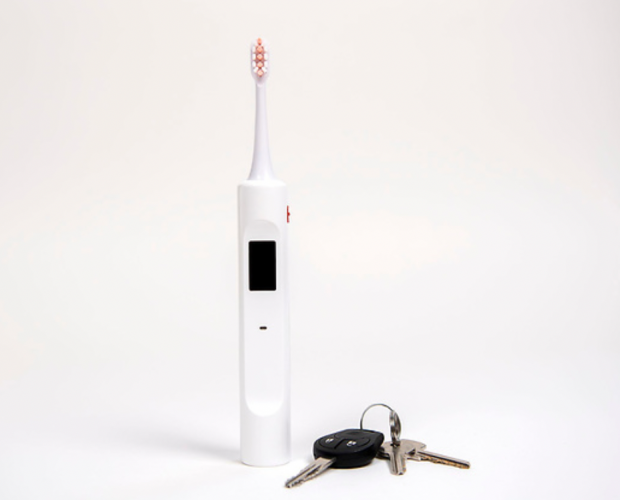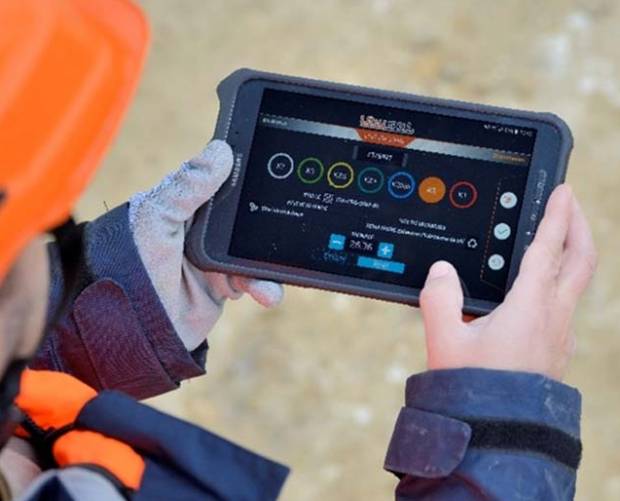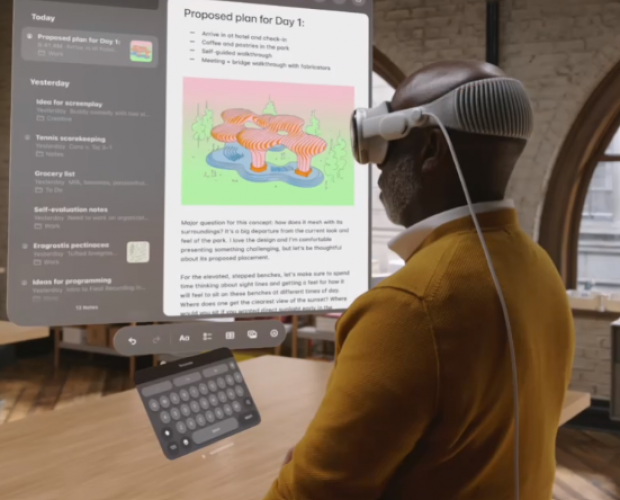 iPhones account for 35.6 per cent of all browser-based payments made using mobile devices, and are now used for 10.2 per cent of all global online transactions, up from 8.6 per cent at the turn of the year. Conversely, having once dominated the mobile payment scene with almost 50 per cent market share in March 2013, iPad transactions now account for just 28.5 per cent of all browser-based mobile transactions.
iPhones account for 35.6 per cent of all browser-based payments made using mobile devices, and are now used for 10.2 per cent of all global online transactions, up from 8.6 per cent at the turn of the year. Conversely, having once dominated the mobile payment scene with almost 50 per cent market share in March 2013, iPad transactions now account for just 28.5 per cent of all browser-based mobile transactions.
The figures come from Adyen’s quarterly Mobile Payments Index (MPI), which tracks browser-based mobile payment data across Adyen’s global customer base. The report also reveals that mobile’s total share of online payments is up slightly, from 27.2 per cent in Q1 2015 to 28.7 per cent in Q2.
Smartphones rule
The Adyen MPI shows that in terms of transaction volume, smartphones emphatically rule the waves, increasing their lead from 61.8 per cent of all mobile transactions in Q1 to a total of 64.1 per cent in Q2. And it’s not only due to the iPhone. Android smartphones continue to grow their share of mobile transaction volume, increasing from 27.2 per cent in the first quarter of 2015, to 28.3 per cent. By contrast, the use of tablets over the same period has dropped from 38.2 per cent in Q1 2015 to 35.9 per cent as of June 2015.
For the first time, this quarter, the Mobile Payments Index tracked average transaction value (ATV) by device type. It found that shoppers using an iPad spend an average of £75 per transaction, significantly higher than the ATV for Android tablets at £61. ATV across smartphone operating systems echoed this trend, with iPhones having an ATV of £54 compared to an Android ATV of £49.
“The continued rise in popularity of the iPhone for making online purchases, coupled with the higher ATV from shoppers using iOS, suggest that businesses – especially those that classify themselves as premium brands – should target this valuable demographic in particular,” said Roelant Prins, Adyen’s chief commercial officer. “Apple Pay, as it becomes available in more markets, represents a great opportunity for businesses to fulfil this as it enables them to deliver a seamless payment experience to iOS users.”
Against the backdrop of the steady rise of smartphone transaction volume, when it comes to physical goods (including items such as clothing, furniture, appliances and groceries) mobile shoppers still prefer to buy on tablets. In fact, 19 per cent of online transactions for physical goods are on a tablet, compared to 12 per cent on a smartphone.
However, for digital goods (including games, services like club memberships, hotel reservations, and tickets), the opposite is true, with smartphones accounting for 26 per cent of online payments, up from 21 per cent at the beginning of the year. By contrast, only 8 per cent of digital goods were bought on a tablet this quarter.
Europe leads the way
Looking at things regionally, Europe led the way in Q2 on 30.4 per cent, followed by North America (26.7 per cent) and Asia (21.4 per cent). All these regions increased their share of mobile payments by approximately one percentage point from last quarter.
In terms of individual markets, the UK continues to leave the rest of the world in its wake. In Q2 2015, 44.8 per cent of online payments in the UK were made using a mobile device, up almost 2 percentage points from the beginning of the year. If the current trend persists, the UK may surpass the 50 per cent mark for mobile transactions midway through 2016.
“The big news dominating payments in the UK this quarter is the launch of Apple Pay,” said Myles Dawson, UK country manager for Adyen. “Our findings show that with the sky-high popularity of mobile payments and high penetration of iPhones in the market, in the UK Apple Pay offers a unique opportunity for businesses to connect with an affluent shopper demographic that is already used to making purchases by mobile.”
















